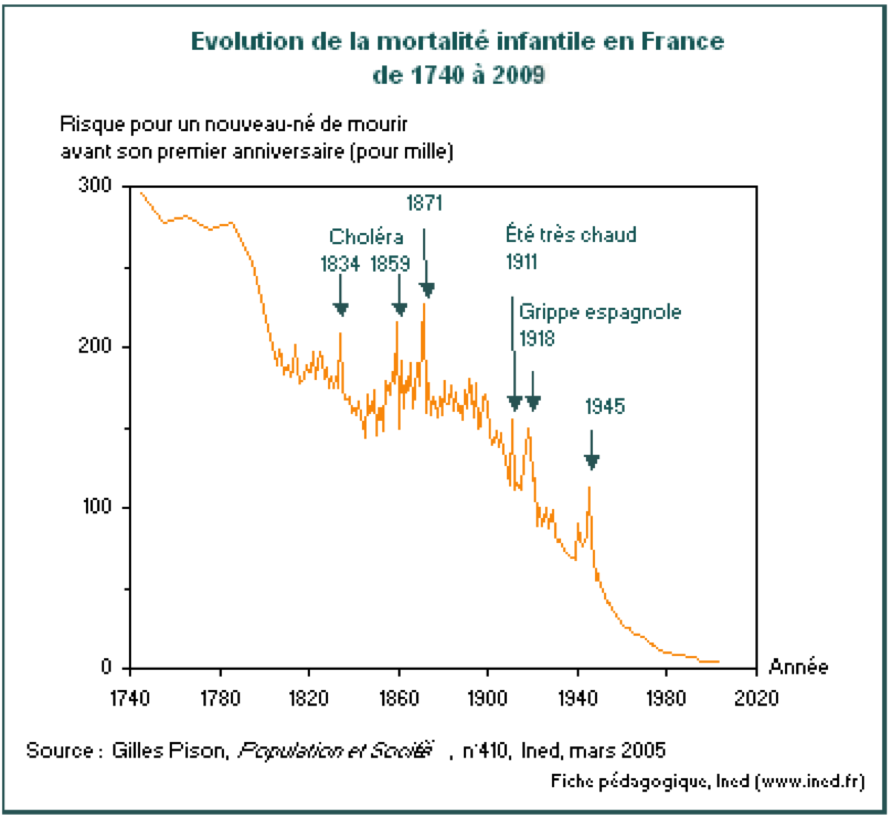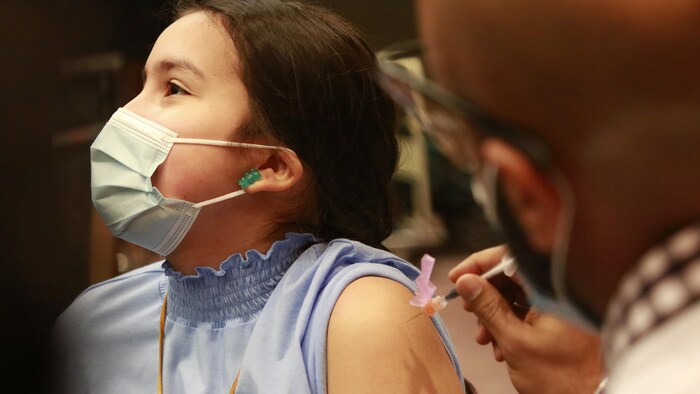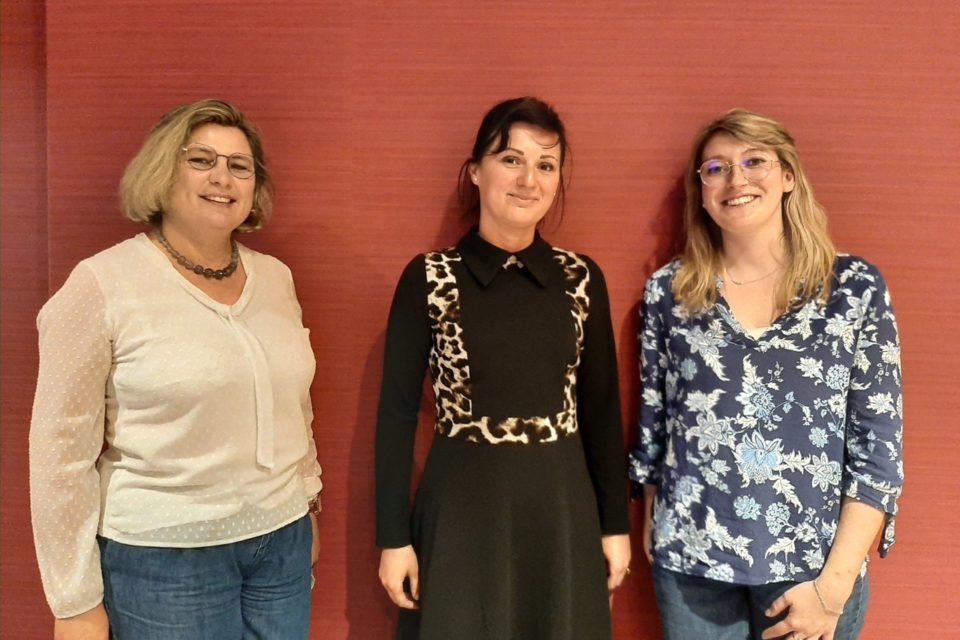Recommendations regarding childhood vaccination have undergone significant developments to ensure optimal protection of young children. Through the vaccination records, it is now essential to respect vaccination deadlines in order to prevent potentially serious illnesses. Health authorities, such as the High Authority of Health (HAS), insist on enriching the vaccination schedule, emphasizing the importance of vaccines obligatory at different ages. Therefore, parents and health professionals must remain informed of changes in order to guarantee the health safety of young people.
|
IN BRIEF
|
Childhood vaccination is a fundamental aspect of public health, helping to protect infants and children against potentially serious diseases. Vaccination recommendations evolve regularly to adapt to the needs of the population. This text presents the key elements of the 2024 vaccination schedule, with particular emphasis on the different compulsory vaccines for children from birth to 13 years old.
Mandatory vaccines for children
Currently, 11 vaccines are considered compulsory for children under 2 years old. These vaccines aim to protect young children against diseases such as diphtheria, tetanus, poliomyelitis, Haemophilus influenzae B, and whooping cough. Injections are usually given at 2 months, 4 months and 11 months. It is crucial to follow this schedule to ensure adequate immunity in young patients.
Vaccination catch-up
In addition to mandatory vaccinations, a vaccination catch-up is recommended. For example, tetravalent meningococcal vaccine ACWY should be administered to adolescents aged 11 to 14 years, as well as young adults aged 15 to 24 years. The recommendations of the High Authority of Health (HAS) highlight this approach to strengthen protection against serious infections.
Prevention of infectious diseases
Vaccination plays an essential role in the prevention of infectious diseases which could have serious consequences in young children. For example, additional recommendations have been put in place due to the increase in whooping cough, aimed at reducing the risk of severe forms in infants. Therefore, compliance with vaccination recommendations becomes fundamental to protect vulnerable populations.
2024 vaccination calendar
THE 2024 vaccination schedule institutes significant changes to ensure optimal coverage. Added to this is the importance given to flu vaccines, which are recommended annually for children at risk. Particular attention is also given to the monitoring and evaluation of vaccines to ensure their effectiveness and safety.
Resources and information
For more details on vaccination recommendations, you can consult reliable resources such as the Institut Pasteur vaccination schedule, or the information offered by Ameli. It is also recommended to keep informed of developments, such as those indicated on the HAS website.

Introduction to Vaccination Recommendations for Children
Vaccination is a major public health issue, particularly for infants and the children. In 2024, health authorities have updated the vaccination schedule to strengthen protection against serious infectious diseases. This text presents the latest recommendations concerning compulsory vaccines and the key points to follow to ensure optimal vaccination coverage in young children.
Compulsory vaccinations from birth to 13 years
Compulsory vaccinations for children 0 to 13 years old include several antigens. At 2, 4 and 11 months, children should receive vaccinations against diphtheria, THE tetanus, there poliomyelitis (DTP or DTPolio), as well as the vaccine against whooping cough (It) and theHaemophilus influenzae B, a pathogen responsible for pneumonia and severe infections. To ensure effective immunization, it is essential that these vaccines are administered within the indicated time frames.
Recalls and new recommendations
From age 18, booster shots for diphtheria, tetanus, and polio vaccines are recommended every 10 years, with specific booster shots at ages 25, 45, and 65. In 2024, it is also advisable to administer vaccination tetravalent ACWY to young adolescents aged 11 to 14 to prevent meningococcal infections.
Vaccination against respiratory infections
There whooping cough is the subject of particular attention due to its resurgence in various regions. The High Authority of Health (HAS) has strengthened vaccination recommendations on this subject, emphasizing the importance of vaccination in pregnant women, as well as to protect infants and young children who are particularly vulnerable to severe forms of the disease. It is therefore recommended that expectant mothers receive the pertussis vaccine during pregnancy to passively pass some of this immunity to their baby.
Vaccination of populations at risk
It is crucial to follow the vaccination schedule for children, but also to identify populations at risk. Children suffering from chronic illnesses or with weakened immune systems should receive special attention. Annual vaccination against seasonal flu is also recommended for these children, as well as pregnant women and people over 65 years of age, to reduce the risk of complications.
Vaccine monitoring and evaluation
Monitoring vaccinations is essential to ensure the effectiveness of the public health program. Parents are recommended to carefully store the health record of their child in order to follow the vaccinations carried out and those to come. It is also important to regularly consult the attending physician to ensure that all vaccinations have been administered in accordance with current recommendations.

Recent alignments in terms of childhood vaccination have the main objective of strengthening the protection of young children against a variety of potentially serious diseases. The updated vaccination schedule specifies that compulsory vaccinations should be administered at specific ages, including 2 months, 4 months, and 11 months. This schedule includes vaccines against diphtheria, THE tetanus, there poliomyelitis, there whooping cough, and theHaemophilus influenzae B, in order to ensure adequate vaccination coverage.
At the same time, the recent resurgence of certain infections, such as whooping cough, encouraged health authorities to recall the importance of complete and up-to-date vaccination. Expanding ACWY meningococcal vaccination, now recommended for all adolescents aged 11 to 14, is suggested, highlighting evolving public health needs.
Current recommendations also emphasize the need for vaccination catch-up for adolescents and young adults, particularly those aged 15 to 24, who may not have received the necessary doses during their childhood. This initiative aims to minimize the risk of epidemics within this age group.
Finally, it is imperative that parents are informed of the compulsory vaccinations for their children, as well as schedules to respect. Regular follow-up with the pediatrician ensures that each child receives adequate protection, while ensuring the health of the population as a whole. THE vaccines play a key role in preventing infections and maintaining public health.









